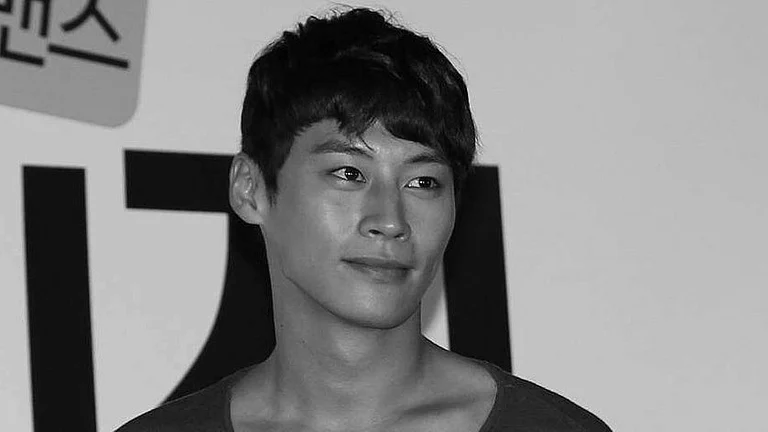Bihon (no marriage), bichulsan (no childbirth), biyeonae (no romance), and bisekseu (no sexual relationships) are the four promises of a South Korean movement that has recently garnered the interest of Americans.
The 4B movement, originally a feminist concept from South Korea, was born out of frustration with the entrenched patriarchy of the country's societal framework. The movement started in 2016 and urges women to reject marriage, childbirth, romance, and sex with men.
Donald Trump's win in the 2024 US elections has seen 4B emerge on American social media. In videos shared across X and Instagram, women vow to renounce romantic and sexual relationships with men as a protest against the country electing Trump, who was judged guilty of raping journalist E. Jean Carroll in May 2023.
In South Korea, the 4B movement started gaining momentum after a man stabbed a young woman in Gangnam — the perpetrator later said, “I did it because women have always ignored me.”
The word feminist still remains controversial in South Korea. In 2018, the 4B movement helped the country's women participate in the #MeToo movement, which forced several high-level politicians, actors, directors and musicians to resign amid accusations of sexual harassment.
South Korean women have organised large-scale protests against rampant 'spycam pornography' — tiny cameras hidden in public spaces like bathrooms and hotels to record videos of women without their knowledge, and the footage posted online. In data released by X (formerly Twitter) Korea, the top three most tweeted about social topics in South Korea are “School Me Too,” “Feminism,” and “Spy Cam”.
Since its inception, 4B has primarily been an online movement that has sparked conversations on the expectations placed on women in relationships and motherhood, especially in a country like South Korea, where birth rates are at record lows.
4B critics believe that real progress requires encouraging men to recognise and challenge their own behaviours, not simply isolating women from them. Others argue that the approach might feed into harmful stereotypes about men being unchangeable or incapable of respecting women's rights, perpetuating the "boys will be boys" mentality.
Moreover, some activists raise concerns that movements like 4B may inadvertently exclude transgender individuals or deny women's choice. For instance, heterosexual women who desire romantic or sexual relationships or want children may feel alienated by the strict principles of 4B.
While not everyone will agree with the methods or ideology, the 4B movement's broader call for respect, equality, and an end to the systemic issues women face within relationships has resonated with women in the US. However, it remains to be seen if the movement will gain further traction in the States and if the women will adopt 4B's ideals.



























